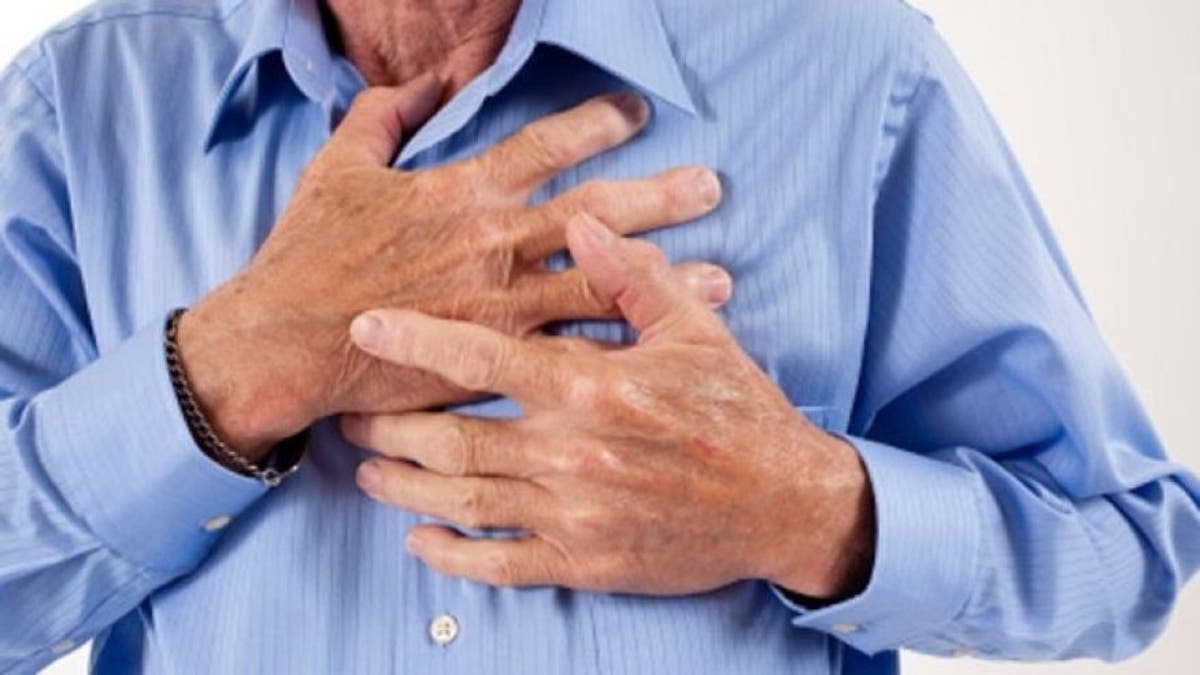
Sue Chlebek was on her regular three-mile walk with a friend one spring morning when she told her companion she was so short of breath, she must be dominating the conversation.
About two hours later, she went into sudden cardiac arrest just seconds after arriving at a hospital emergency room. Doctors shocked her heart back into rhythm with a defibrillator and then deployed a stent to open a blocked artery.
Some 1,000 Americans a day suffer sudden cardiac arrest, a catastrophic event that seems to come on without warning and almost always results in death unless help is nearby. Ms. Chlebek, a 56-year-old mother of three from La Porte, Ind., was one of the lucky ones. When these scares happen outside the hospital, just over 10 percent of people survive.
Now researchers say the events may not always be so sudden. A recent study that analyzed 839 sudden cardiac arrests found that in 430 cases, or 51 percent, patients exhibited warning signs in the four weeks before the arrest. The victims either failed to recognize the symptoms or ignored them—in most cases until it was too late.
The missed symptoms included chest pain, shortness of breath, lightheadedness and heart palpitations—classic signs of an impending or actual heart attack. Researchers found evidence of them in medical records, interviews with family and witnesses to the arrest and in the recollection of those who survived. (Ms. Chlebek wasn't a part of the study, but she now suspects the shortness of breath was an early warning.)
The findings reveal a “window of opportunity we didn’t know existed” for potentially preventing sudden cardiac arrests, says Sumeet S. Chugh, associate director of the Heart Institute at Cedars-Sinai Medical Center in Los Angeles, and senior author of the study.
While previous, smaller studies have shown that people have symptoms very shortly before an event, the idea that patients might experience precursor signs as much as a month in advance hadn’t previously been documented, he says.
Click for more from The Wall Street Journal.








































